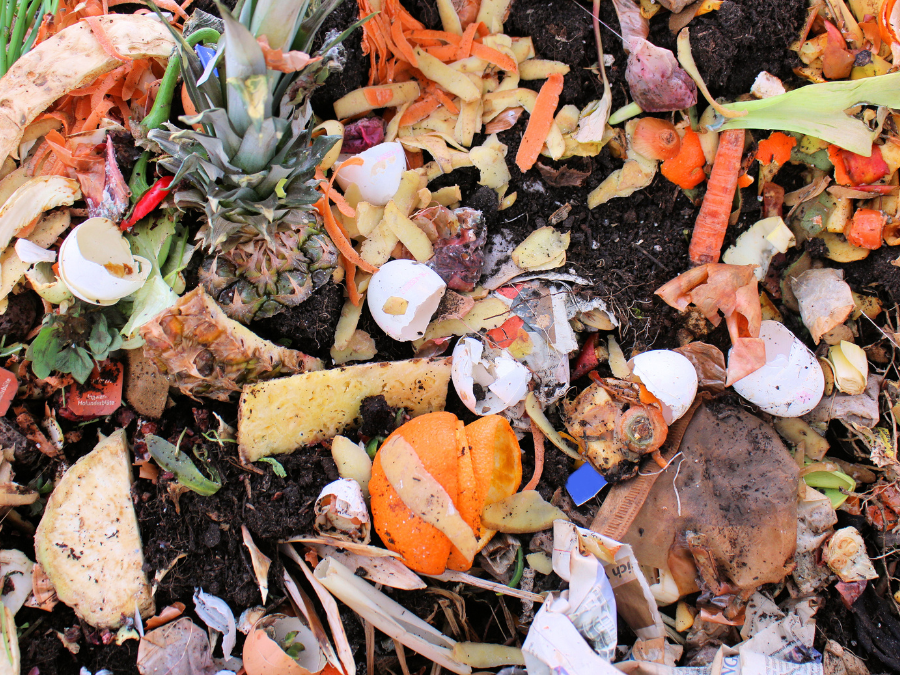
The UK government has opted not to introduce mandatory food-waste reporting among the country’s manufacturers because of the associated costs.
Pointing to the success of a voluntary programme, the Food Waste Prevention Team under the purview of the Department for Environment, Food and Rural Affairs (Defra), said it will maintain the current status quo.

Discover B2B Marketing That Performs
Combine business intelligence and editorial excellence to reach engaged professionals across 36 leading media platforms.
“A regulatory approach is not suitable at this time, especially when any additional costs may be passed on to consumers. The government will instead be looking at options to improve the number of food businesses reporting through a voluntary approach,” Defra said.
Consultations over food-waste proposals were launched by the UK government in June, with 3,851 businesses and organisations responding to a lengthy questionnaire.
Voluntary reporting will now remain in place until mid-2025 when a review will be undertaken. Businesses will then be informed of any planned changes at least a year after that review, Defra added.
Two options were put forward as part of the consultation process – keeping the status quo or introducing mandatory food-waste reporting measures for “large food businesses” in the UK.

US Tariffs are shifting - will you react or anticipate?
Don’t let policy changes catch you off guard. Stay proactive with real-time data and expert analysis.
By GlobalDataDefra said: “Overall, respondents were generally positive regarding government’s intent to ensure that more food businesses are engaged and taking action to reduce food waste”.
However, while 80% of respondents were in favour of regulatory measures – with many already collecting data on “food surplus and waste”, cost was a key consideration.
“We know the voluntary approach to food-waste reporting has been broadly successful to date, with almost half of large food businesses in England measuring and reporting voluntarily in 2022.
“However, as identified at consultation, the number of businesses voluntarily reporting food waste has stalled and is expected to plateau. That is why the government is considering options to increase the number of businesses reporting in order to incentivise action from businesses to make reductions to food waste in their operations.”
Defra’s decision was largely based around the number of companies classifying themselves as “large food businesses” – only 39% of respondents.
“This means that the majority of respondents would not be directly impacted by the regulatory policy option outlined in the consultation,” Defra added.
“Furthermore, there are costs to large businesses associated with introducing regulation for food-waste reporting. Although any action to reduce food waste taken as a result of regulation would bring financial savings to business, there are set up and operational financial costs associated with complying with regulation.”
Costs associated with a regulatory requirement might add up to £5.3m ($6.8m) annually on average, compared to £0.3m under the existing policy, the government department estimated.
The UK’s food-waste programme is administered by the Waste and Resources Action Programme (WRAP). Defra noted the voluntary approach resulted in 221 businesses measuring and reporting food waste in 2022. And in WRAP’s 2021 progress report, 251,000 tonnes of food had been stopped from going to waste worth £365m.
Defra, meanwhile, announced last week that planned new rules on making food producers accountable for the cost of recyclable packaging will be pushed back to 2025 from the initial date of October 2024.
It cited in a tweet the “economic pressure facing consumers and businesses”.
Defra added: “We’re listening to industry to ensure that tackling inflation and driving up recycling go hand in hand.”





